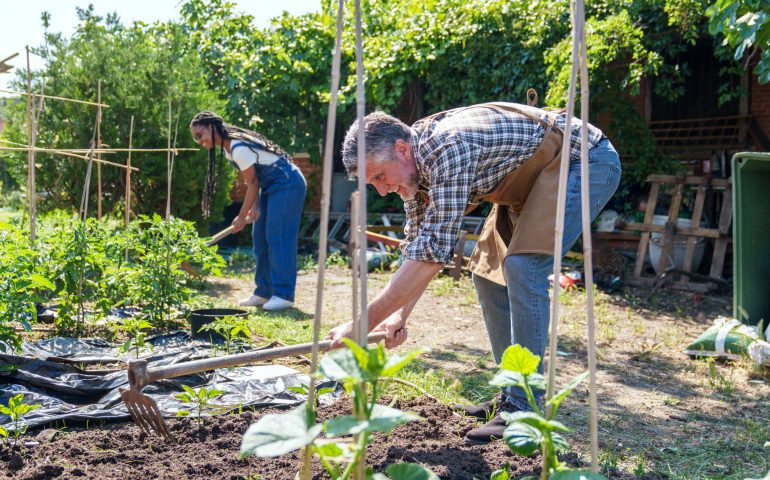Introduction
Urban farming is a powerful tool for making cities greener and communities stronger. By transforming underused spaces like rooftops, vacant lots, and even window sills into vibrant gardens, urban agriculture is proving to be a sustainable solution to many urban challenges. Let’s explore how this practice is not only revolutionizing the way we grow food but also enhancing our communities and the environment.
What is Urban Farming?
Urban farming involves growing fruits, vegetables, and herbs in city environments. This can range from small container gardens in windows to large community gardens in vacant lots or even vertical farming on city walls. Urban farms can operate as personal or community projects, and some even develop into commercial enterprises.
Socioeconomic Impacts
- Food Security: Urban farming makes fresh produce more accessible in city neighborhoods, often known as food deserts, where grocery stores are scarce. By growing food locally, residents can enjoy fresher, more nutritious diets at lower costs, improving their overall health.
- Economic Opportunities: Urban farms can create jobs and foster entrepreneurship. Local residents can cultivate marketable skills in gardening, sales, and business management, providing both food and employment opportunities within their communities.
- Community Building: Urban farming encourages community interaction and collaboration. Community gardens become meeting places where people share not only resources like tools and knowledge but also stories and support, strengthening community bonds.
Environmental Impacts
- Reduced Carbon Footprint: Growing food locally reduces the need for transporting produce over long distances, significantly lowering greenhouse gas emissions.
- Enhanced Biodiversity: Urban gardens attract and support a variety of wildlife, including bees, birds, and beneficial insects, increasing urban biodiversity which is crucial for healthy ecosystems.
- Waste Reduction: Urban farming promotes composting organic waste, which not only reduces waste going to landfills but also turns it into nutrient-rich soil for growing plants, closing the loop in food production.
Join the Movement
As cities continue to grow, the importance of sustainable urban practices becomes more apparent. Urban farming is not just about food production; it’s about creating resilient, sustainable, and economically stable communities. By joining Econautics, you can be a part of this transformative movement. Whether you’re new to gardening or a seasoned farmer, your involvement can bring about significant positive changes in your community and the environment.
Interested in making a difference with urban farming? Join Econautics today, and help us transform urban spaces into greener, more productive environments. Together, we can cultivate a sustainable future. Visit our website to learn more and become a part of our community.





